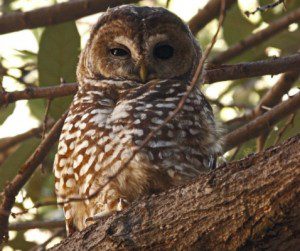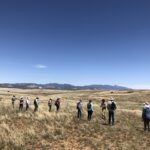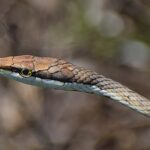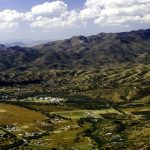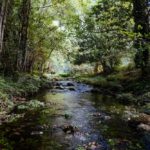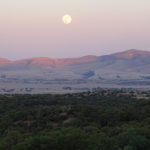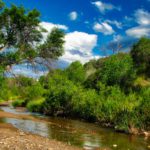FOR IMMEDIATE RELEASE
October 29, 2014
Contact: Courtney Sexton, csexton@defenders.org, 202-772-0253
Wendy Russell, wendy@patagoniaalliance.org, 520-477-2308
Groups file complaint against Forest Service and Fish and Wildlife Service for approval of mineral drilling project in Arizona’s Coronado National Forest
TUCSON, ARIZ. – Defenders of Wildlife and the Patagonia Area Resource Alliance today asked a federal court to hold the United States Forest Service and United States Fish and Wildlife Service accountable for their unlawful approval of the “Sunnyside” mineral exploration drilling project in southern Arizona’s Coronado National Forest, in the Alum Gulch area of the Patagonia Mountains. The groups say the approval of the Canadian mining company Regal Resources’ Sunnyside Project violates environmental laws and poses a potential threat to endangered species and the safety of drinking water for local residents. The Sunnyside Project involves drilling multiple exploratory holes up to 6,500 feet deep in one of the most biologically diverse mountain ranges in Arizona. The extensive drilling and construction would run 24/7 for months on end, and the total project operations could last up to 3 years.
The Coronado National Forest, the Patagonia Mountains and the watersheds in this region support some of the world’s most imperiled wildlife, including the jaguar, ocelot, lesser long-nosed bat, Mexican spotted owl, and yellow-billed cuckoo. Of particular concern is the Mexican spotted owl “Protected Activity Center” (PAC) in the Alum Gulch area, a site which is supposed to have the greatest protection of the law. One of the project’s proposed drilling sites is only one-tenth of a mile from the “nesting core area” of this PAC.
“The potential damage from the Sunnyside Project, especially coupled with other damaging mining projects in the region, could have devastating impacts on this imperiled wildlife and the habitat they depend on, as well as the water supply for local residents,” said Rob Peters of Defenders of Wildlife. “This is a national forest and imperiled wildlife and their habitats on the forest should be protected— not polluted by expanded drilling operations.”

Ocelot, Leopardus pardalis. photo US FWS
Patagonia area residents are dependent on water originating from Alum Gulch, an area which is also designated as critical habitat for the jaguar and Mexican spotted owl. The imperiled ocelot, lesser long-nosed bat, and yellow-billed cuckoo have also been observed near the project area.
“The Sunnyside Project could have tremendous adverse impacts on local wildlife and local residents, affecting the floodplains and the municipal watershed of the town of Patagonia,” said Wendy Russell of the Patagonia Area Resource Alliance. “The drilling will require 12,500 gallons of water per day, an amount approximately equal to ten percent of the daily water usage of the Town of Patagonia. This project threatens not only endangered wildlife, but our community’s water, health and safety.”
Click to hear from environmental attorneys on why they sue.
###
Defenders of Wildlife is dedicated to the protection of all native animals and plants in their natural communities. With more than 1.1 million members and activists, Defenders of Wildlife is a leading advocate for innovative solutions to safeguard our wildlife heritage for generations to come. For more information, visit www.defenders.org and follow us on Twitter @DefendersNews.
The Patagonia Area Resource Alliance is a citizen watchdog organization that monitors the activities of mining companies, as well as ensures government agencies’ due diligence, to make sure their actions have long-term, sustainable benefits to our public lands, our water, and the town of Patagonia. For more information visit www.patagoniaalliance.org and follow us on Twitter @PARAalliance.
